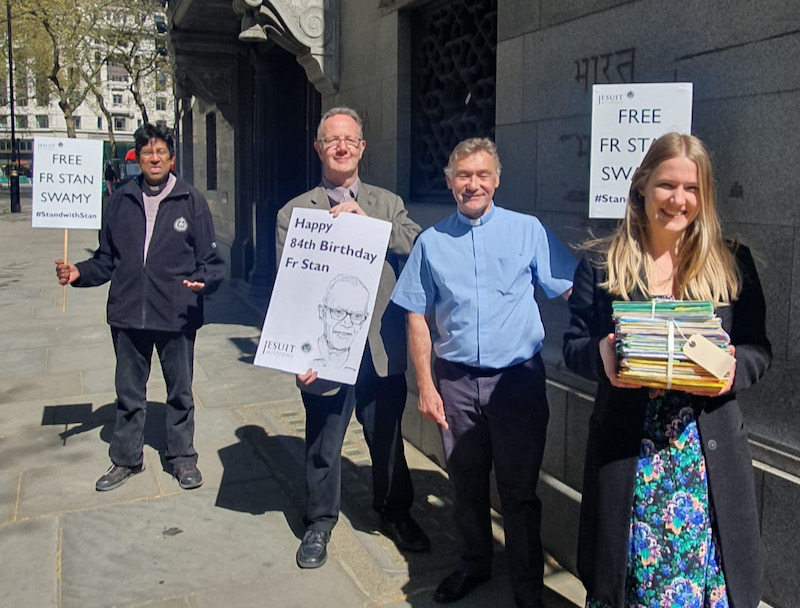France’s bishops expressed “great concern” that a new bioethics law allowing assisted procreation to all women treats humans as “a variable value” and urged Catholics to oppose it even though it is now legal.
The law, which allows in vitro fertilisation and artificial insemination for lesbians and singles through the national health system, was passed two years of debates, demonstrations and legislative haggling.
Assisted procreation was previously only allowed for married heterosexual couples.
It also lets both lesbian partners be recognised as parents, ends the anonymous donation of eggs and sperm, expands limits on stem cell research and drops a one-week delay between asking for and having an abortion.
“This law may say what is legal, but it doesn’t say what is good,” Archbishop Éric de Moulins-Beaufort, head of the bishops’ conference, said. Individuals must now use “vigilance and personal discernment” to make choices “in full awareness of their ethical consequences”.
With this law, assisted procreation is now allowed in 11 European Union states and Britain. French women formerly went to neighbouring Belgium or Spain for the procedure.
The legislative struggle over the new law was especially complex, with the more conservative Senate flatly rejecting the last draft sent to it by the National Assembly.
Archbishop Moulins-Beaufort said the new law erased individual human dignity that had been the foundation of earlier bioethics laws. “We see the triumph of an ideological will despite numerous warnings,” he said.
President Emmanuel Macron made bioethics reform a campaign promise. Opinion polls say about two-thirds of French voters back the law’s changes.
Supporters of the law, which passed its final reading in the National Assembly by 326 to 115 votes, hailed its passage as “a moment of history”. Government officials said the law and regulatory decrees would be published soon and the first baby could be conceived before the end of the year.
The law allows persons born through assisted procreation to learn the identity and medical history of the donor once they reach 18. Donors used to be allowed to remain anonymous.
It also drops a requirement that homosexuals observe four months of abstinence before they could donate blood.



 Loading ...
Loading ...